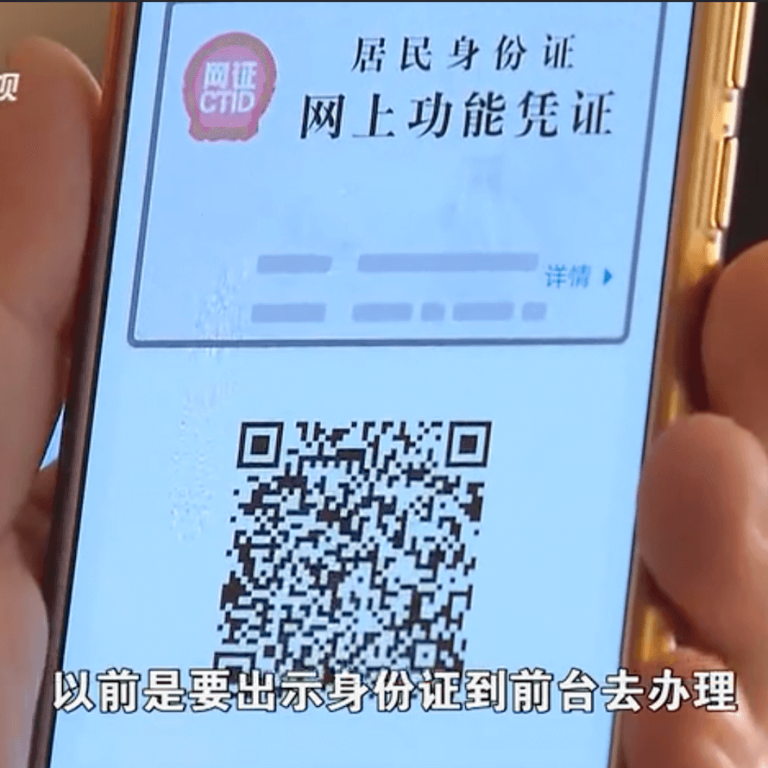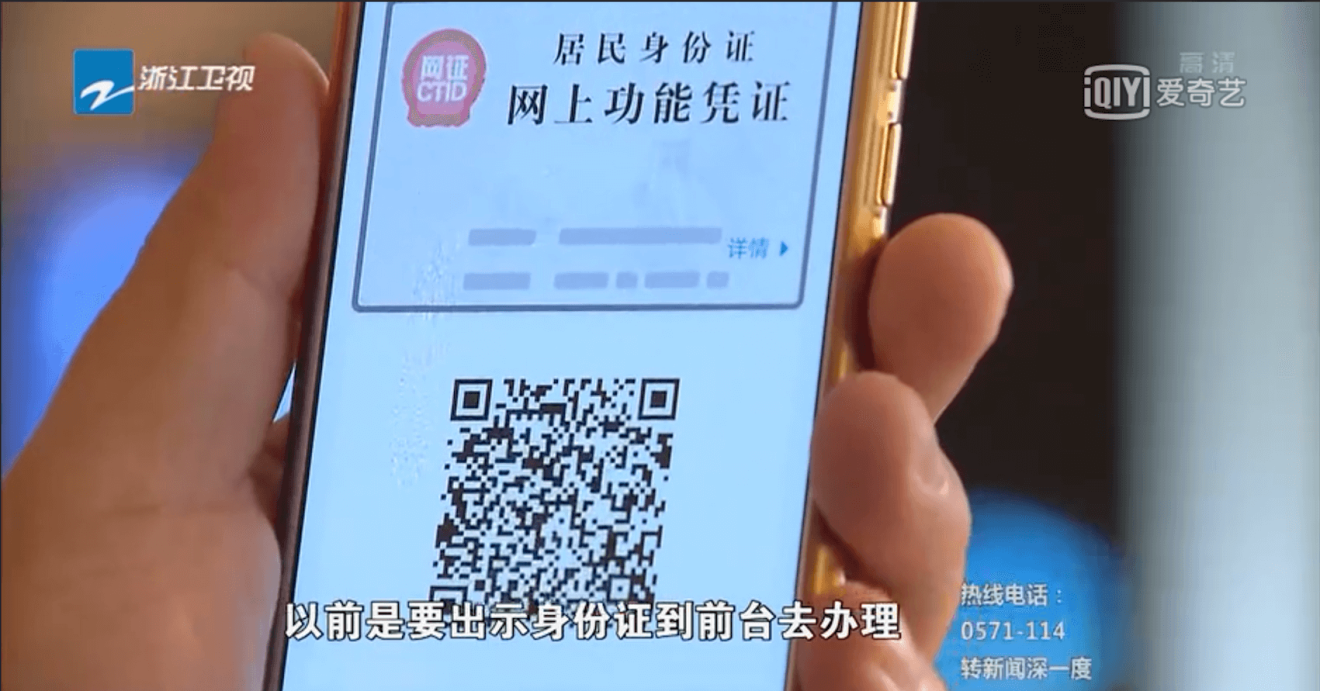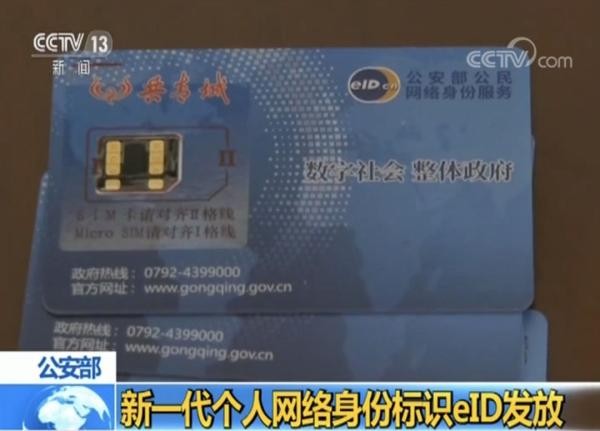
China is putting ID cards on smartphones
Alibaba’s payment app now doubles as an electronic identity card in three Chinese cities
The fear of leaving home without your smartphone is a modern anxiety that plagues many of us. That’s about to get worse for people in three Chinese cities, where the smartphone will be even more important -- because the government is rolling out an electronic identity card inside Alibaba’s payment app.
The national identity card is a vital part of life in China. The Public Security Bureau issues a physical card to every citizen at the age of 16, which lists a person’s full name, gender, ethnicity, date of birth and permanent address, together with a color photo.
Without the card, it’s virtually impossible to get a driving license, open a bank account, check into hotels, purchase high-speed train tickets, or board flights.

Now Alibaba is introducing digital IDs for smartphone users in Quzhou, Fuzhou and Hangzhou, where the company’s headquarters is located. (Abacus is a unit of the South China Morning Post, which is owned by Alibaba.)
Alipay is a natural home for electronic IDs -- registering for the payment app already requires a real name and a valid identity card number. To create a digital ID, users can simply select “Web ID” under “Card Wallet” and scan their faces.
For people who use Alipay on iPhones, it uses Apple’s Face ID or Touch ID to verify their identity before showing a unique QR code that contains personal information.
Chinese media say the pilot program currently covers services such as pension fund enquiries, bus ticket purchases, and hotel check-ins.
Digital IDs are already in place in Tencent’s home province of Guangzhou, where the Alibaba rival is hosting the feature on its multi-purpose app WeChat.
In a separate move, China’s Ministry of Public Security issued 50,000 tiny chips called SIMeID in Gongqingcheng, a city in the southeastern province of Jiangxi. Each stores personal information on a physical chip attached to a SIM card like a sticker.
When SIMeID users shop online with their smartphones, the chip verifies their identity without having to send personal information to shopping sites. Authorities say the technology is designed to prevent data theft.

It's all part of China’s big push to use technology to monitor the world’s largest population.
For more insights into China tech, sign up for our tech newsletters, subscribe to our Inside China Tech podcast, and download the comprehensive 2019 China Internet Report. Also roam China Tech City, an award-winning interactive digital map at our sister site Abacus.

